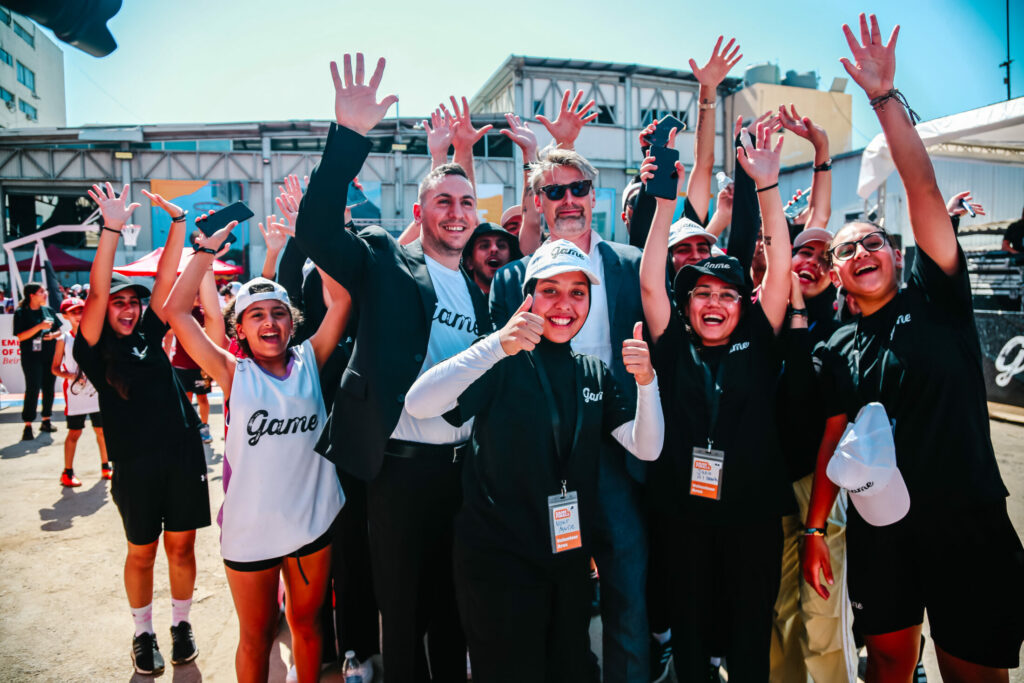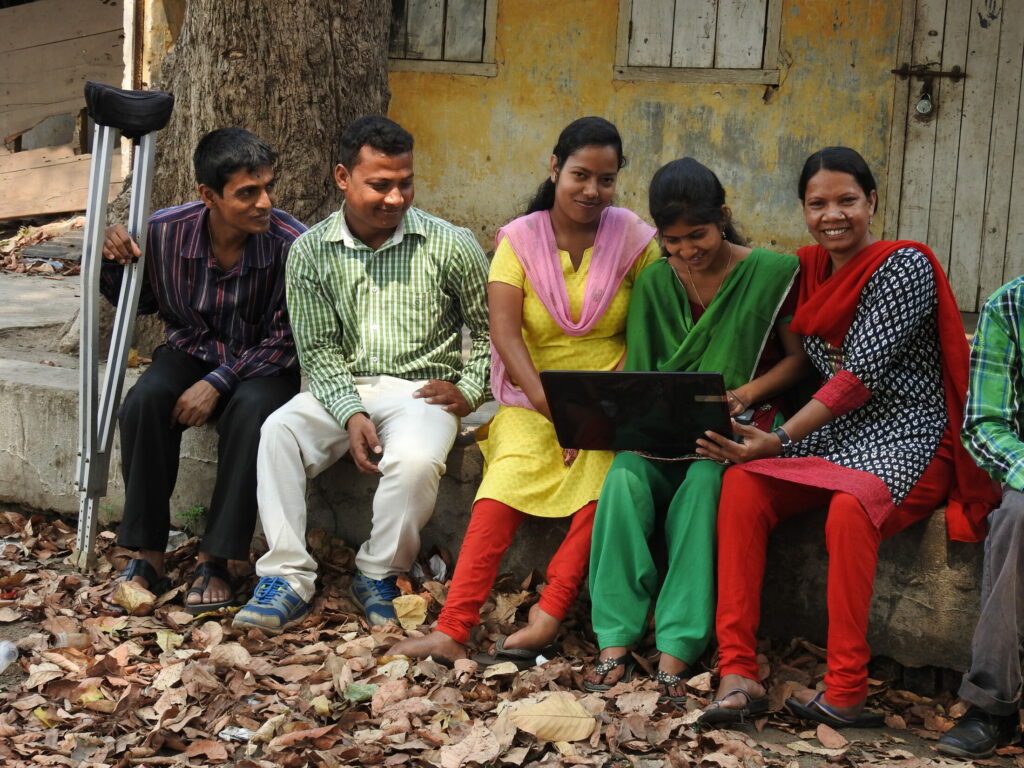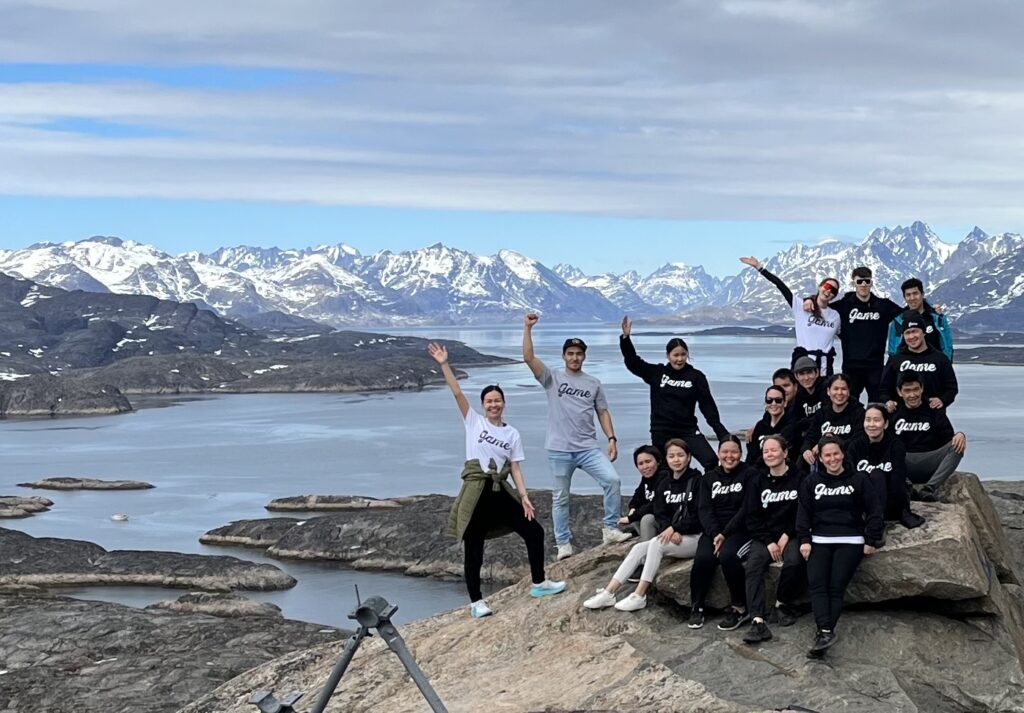At thedotgood, as we aim at showcasing the Social Good Sphere’s steady expansion, we have many options to look at. One of them is to dig deeper into countries where it is possible to consistently earn knowledge, understanding of practices, and reliable information. In 2022, the USA 100 SGOs and the BRAZIL 25 SGOs are paving the way for more in 2023.
Extending the World list was one of them but, based on our experience, we were not satisfied. Scoring was getting tight as you go down a long list and go into the scoring of a smaller range. To avoid that issue at the bottom, there was a possibility to add additional criteria. That would also come with counterproductive effects, as some criteria are better informed in a set of countries or less considered in others. Extra criteria can introduce bias in our reading and make our fight for information less relevant. Which is not what we want when adding criteria to our scoring process. Today, we would probably be more interested to observe more universal practices or simply make sure that all social good organizations consider providing way more info as regards their human capital. That is still one domain where we will feel social good organizations are doing well globally. Another challenge to us when trying to stay on a single World listing comes with the human resources we can dedicate to such effort in fairness. And you can’t simply rely on partners or correspondents to do so as you risk some disappointments. India is both a country where you have a multitude of amazing people working in the Sphere but also is confronted with practices that do not match our ethics when it comes to reviewing information that can be turned into value. And of course, India is not the only country where that difficulty may occur. Not a reason of course not to consider India as a new list in the near future.
Why the US and why Brazil?
We went for the leader and the disruptor of the global Social Good Sphere.
We are lucky to have the U.S. with an unstoppable appetite for social good. It has the culture, the experience, the skills, the means, the human capital, and a passion for innovation. The more they deliver, the more they dare face new challenges. And they learn fast, adapt, and start again.
In Brazil, social good organizations have recently been put to the test for obvious reasons. They were forced to adapt when facing a double-edged sword: their dependency on private company sponsors and public authorities has been challenged by a President that appears to “not care” so much, and a pandemic that has challenged the way solidarity is perceived and dealt with. In just over two years, Brazilian SGOs went from questioning their capability to survive to thinking of new economic models to deliver social profit. Their fragility was suddenly obvious to many, and things that were unconceivable are now part of a national new play. Where the US is enjoying the push, Brazil is taking the pull [Or vice versa, if you prefer].
We are aiming at having a greater list for Brazil in 2023, so we hope that you will forgive us for starting with a humble 25-list.


